Data sheet
Hyaluronic Acid (Sodium Hyaluronate):
is a mucopolysaccharides that belongs to the glycosaminoglycans group. It looks like white dust and it is water-soluble. The compounds of the hyaluronic acid are disaccharides unit of N- acetylglucosamine and glucuroni acid. It is a natural molecule of our organism (connective tissues). The Hyaluronic Acid is part of the majority of the dermis substances which act as a gel and create a bond between the collagen and the elastic fibres giving to the skin resistance and protection. Hyaluronic acid is a key component of the dermis. Thanks to its properties, it gives the skin the classic characteristics of elasticity and softness. However, its concentration within the connective tissue of the skin tends to decrease with advancing age, this constant decrease is one of the main causes of skin aging, the use of Hyaluronic Acid allows to reactivate mature skins by stimulating cellular function and giving the skin its lost firmness and brightness.
Argan oil (Argania Spinosa Kernel Oil):
cold extracted, is one of the most important oils for skin rejuvenation for its high content of linoleic acid, Vit. E and A, precious allies against skin aging. Thanks to its excellent content in antioxidants, Argan oil helps to protect the skin from external aggressions (sun, smog, wind, heavy metals, various pollutants including toxic substances inhaled, ingested or absorbed through the skin). It has the ability to absorb and retain water, is able to improve skin hydration and increase its defenses and elasticity.
Avocado Oil (Persea Gratissima Oil):
largely used in cosmetics thanks to its excellent eudermic, sebum-similar, nourishing and regenerating characteristics that make it an ideal product for dry, devitalized, rough, dehydrated, with eczema and “listless” skins. The active compounds contained in the avocado oil are able to stimulates the skin’s fibroblast activity, favouring the sintesis of the soluble collagen. This means that the avocado oil carries out an effective stimulating action that leaves the skin look younger, increasing the hydration and skin’s elasticity. The avocado oil carries out a normalizing effect of the hydro lipidic layer and gives back to the skin its natural smoothness and skin hydration. The cosmetic products containing avocado oil can be used ad anti-wrinkles, anti-stretch marks, firming and sunscreen products. The strong normalizing capacities of the cutaneous hydrolipidic mantle make avocado oil a precious ingredient destined to restore the physiological softness and hydration of the skin.
Shea Butter(Butyrospermum Parkii Butter):
nourishing and antioxidant, stands out for its high content of unsaponifiable fraction. Rich in terpene alcohols, phytosterols and karitene. It is very suitable for dehydrated skins lacking in elasticity. The use of shea butter in modern dermatology and cosmetology is due to its healing, emollient, anti-stretch, anti-wrinkle, elasticizing, moisturizing, antioxidant, soothing and re-epithelizing, filming and protective properties; but its exclusive feature, the secret that makes it truly unique, is the very high content of unsaponifiables, essential and fundamental substances for the improvement of skin tone and in particular for the maintenance of its natural elasticity. Recent studies have shown that these unsaponifiable substances intervene in the physiological process of production of fibroblasts, cells responsible for the formation of collagen fibers and elastin, which are very important to keep the skin elastic and young. Another merit of shea butter is to have a good filtering capacity against sunlight, so it becomes an excellent protective and preventive of skin damage caused by exposure to light, such as the formation of free radicals and early appearance of wrinkles.
Sweet almond oil (Prunus Amygdalus Dulcis Oil):
mainly used in the cosmetic and dermatological sector as an emollient – that protects the cutis – for products with an hydrating, anti itch and anti-burn purpose. Smeared on face, thanks to its particular acid composition, the almond oil acts very well on the hydrolipidic film, obstructing the evaporation of the skin water. Sweet almond oil is not a stable element and it is subjected to go rancid quickly. For this reason Vitamin E (D, L- tocopherol acetate) is added to the cosmetics containing almond oil: Vitamin E has a precious antioxidant property and it is very important for the skin and for the conservation of the product.
Jojoba Oil (Simmondsia Chinensis Seed Oil):
the total absence of glycerin makes it radically different from all other oils, because it is not a fat, but a liquid wax. This characteristic makes it highly absorbable by human skin and very compatible with it. It is the only vegetable oil of a non-triglyceric nature that is used in cosmetics. The main functions are the maintenance of skin hydration and the protection of the skin from the attack of environmental factors (bacteria, sun, wind, chemicals in the air). The waxy extract of these seeds is rich in vitamin E and B-complex vitamins, as well as minerals such as zinc, copper and iodine.
Aloe vera (Aloe Barbadensis Leaf Juice):
is the mucilaginous juice contained in the leaves of the Aloe Barbadensis (Aloe Vera) and obtained from the cold pressing. It is mainly constituted by polisaccarides containing D-glucose and D-mannose. Phytosterol (such as cholesterol, campesterol and 3-sitosterol), vitamins, enzymes, oligoelements and aminoacids are minor constituent but very important. The Aloe juice carries out an hydrating and lenitive effect; it also has anti-fungus and anti-microbes properties. As for many rich in mucopolysaccharides, the Aloe gel creates a protective film onto skin that act as hydrating agent. Traditionally, Aloe is attributed to healing, soothing and disredding properties. The phytoconstituents of aloe also seem to be able to stimulate the production of collagen and elastin, helping to counteract the effects of skin aging.
White Lily (Lilium Candidum Extract):
carries out bioactive, emollient, lenitive and anti-inflammatory properties thanks to the presence of mucilages that carry out hydrating and protective properties, tannins that carry out an astringent effect and sterols that carry out an antinflammatory and lenitive effect. It also contains flavonoids that carry out an anti-oxidant and vosoprotective action. It is employed in the cosmetic field thanks to its protective, emollient and hydrating action; it also carry out a soothing action on irritated skins, burns and wounds, it can also be used in case of dermatosis, eczemas and itch.
Vitamin E (Tocopherol):
is a very important protective antioxidant factor against oxidative phenomena of “fatty” substances, in particular phospholipids that make up cell membranes. Oxidation reactions occur daily in the body due to many factors related to normal metabolism, however, some situations are able to increase and accelerate these processes: pollution, exposure to UV rays, particular physiological conditions such as pregnancy, certain diseases, stress, etc. … The oxidative phenomena lead to the formation of chemical substances highly harmful to the life of cells and the body by accelerating premature aging. Vitamin E exerts a wrinkle helping to prevent the appearance of signs related to premature aging. Vitamin E exerts a wrinkle helping to prevent the appearance of signs related to premature aging. Hydration: The Vitamin E creates a protective film on the skin which limits the loss of water. It is a vitamin particularly suitable in anti-wrinkle cosmetics, even for young skins, precisely for the preventive action of oxidative processes, in after-sun cosmetics to reduce damage and promote tissue repair and in products for delicate and sensitive skin such as that of children.
Ceramides (Ceramide NS):
contained in the cell’s membranes where they act as intermediary during the sphingomyelin sintesis, the main phospholipid of the membrane. The Ceramides are one of the main constituent of the stratum corneum, where they fill the interstitial space between cells uniting the one with the others and maintaining intact the skin barrier. The ceramides of the stratum cormeum are fundamental in order to prevent the loss of water contained into skin; they also helps maintaining the hydration and the elasticity of the skin and they prevent from the passage of damaging substances. With the ageing, the ceramides diminish and slowly disappear from the stratum corneum causing a loss of the functioning of the skin barrier. Effects: reduction of loss of hydration of the external skin layer – protection from harmful substances – reduction of dry and rough skin – reinforce of the skin barrier – protection against free radicals – improvement of elasticity.
Trehalosie (Trehalose):
is an hydroactive sugar obtained from plants of the desert that are able to create a protective barrier around the cell diminishing the loss of water of the cell. Thanks to its structure, it is able to entrap, creating a thin layer, proteins, nucleic acids and biological membranes, protecting them from damaging situations such as the cold, ionizing radiations and dehydration. In case of dry skin, the Trehalosie is able to absorb the humidity granting a long last hydration and keeps intact the cell’s membrane and the macro-molecular structures subjected to stress.
How to use:
Apply in the morning and in the evening on cleansed and toned up skin with soft massages until complete absorption.
Inci:
Aqua (Water), Argania Spinosa Kernel Oil, Persea Gratissima (Avocado) Oil, Glycerin, Glyceryl Stearate Citrate, Cetearyl Alcohol, Butyrospermum Parkii (Shea Butter), Glyceryl Stearate, Prunus Amygdalus Dulcis (Sweet Almond) Oil, Simmondsia Chinensis (Jojoba) Seed Oil, Ethylhexyl Methoxycinnamate, Ethylhexyl Salicylate, Phenoxyethanol, Benzyl Alcohol, Ethylhexylglycerin, Parfum (Fragrance), Xanthan Gum, Hexyl cinnamal, Aloe Barbadensis Leaf Extract, Lilium candidum Extract, Tocopherol, Dehydroacetic Acid, Trehalose, Cholesterol, Hydrogenated Lecithin, Butylphenyl Methylpropional, Limonene, Lactic Acid, Sodium Hyaluronate, Ceramide NS, Eugenol, Sodium Benzoate, Potassium Sorbate.
How to preserve:
avoid to keep the product open for a long time. Store in a cool and dry place, away from direct light. The possible changing in color of the product shows the natural origin of the components and doesn’t change the quality of the product. PAO 6M
- No silicones, mineral oils and paraffin
- parabens free
- with botanical ingredients
- Dermatologically tested
- External use
- Made in Italy





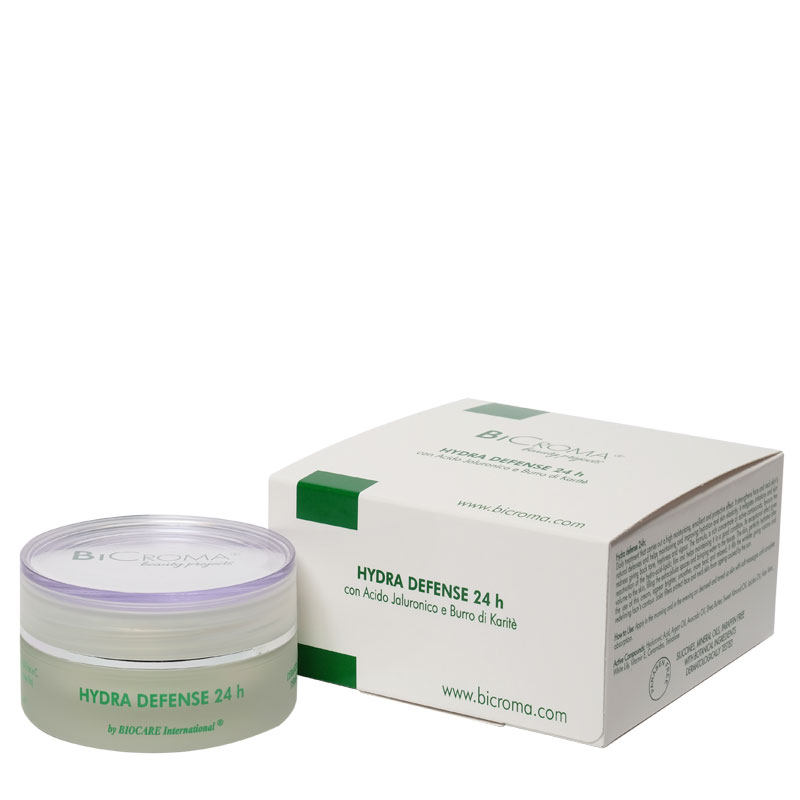
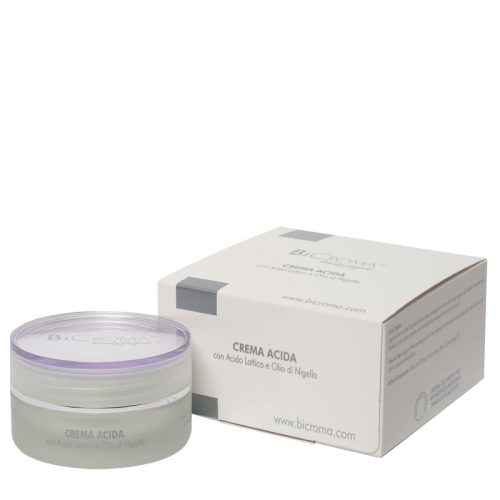
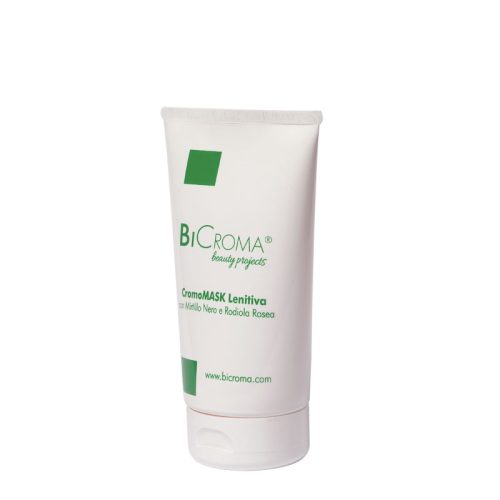

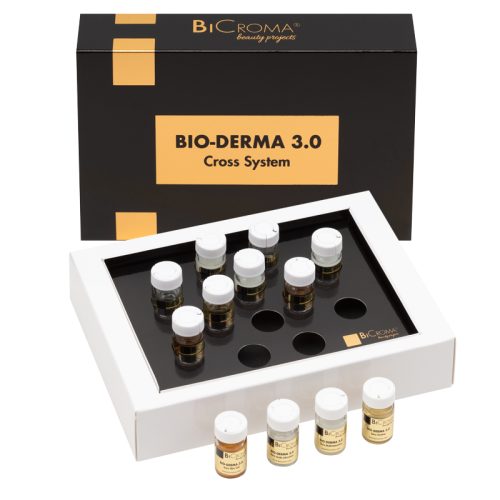
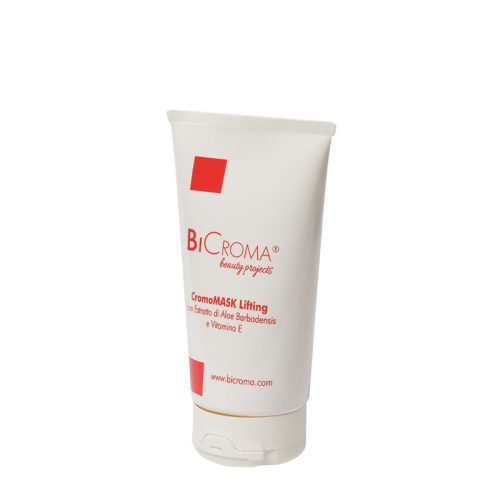
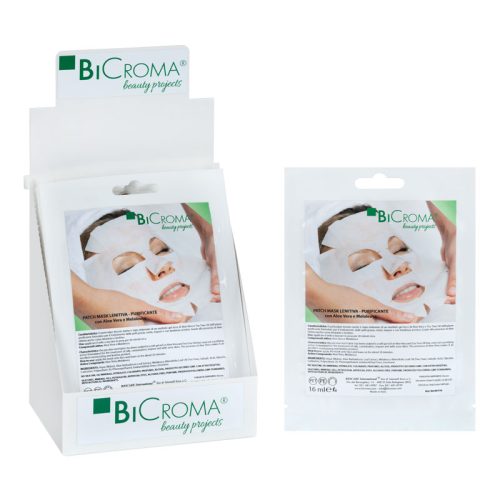
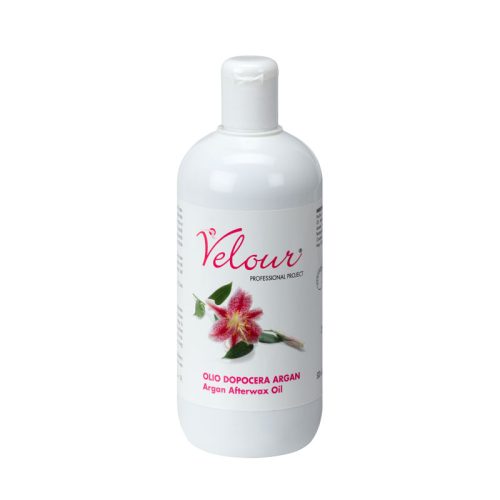
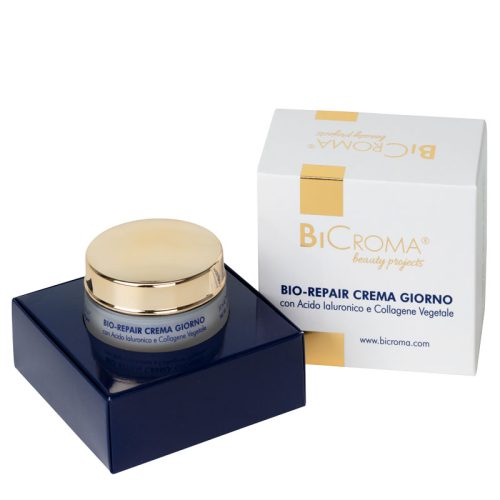
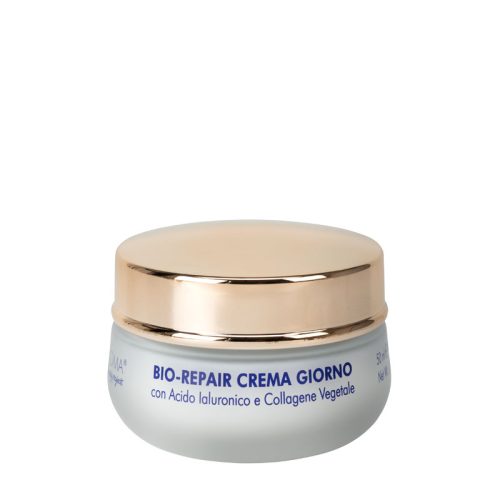
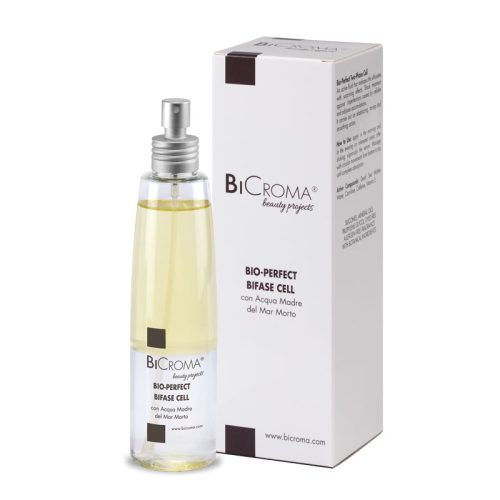
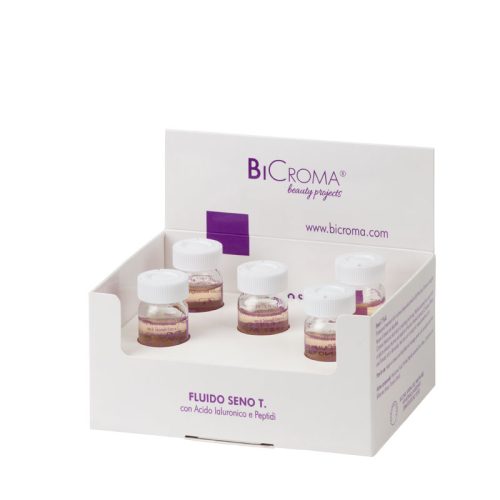
Reviews
There are no reviews yet.